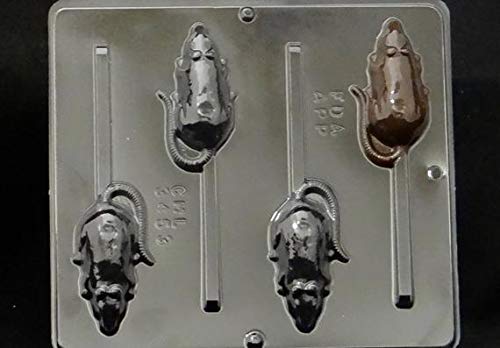victoria
Well-Known Member
Has anyone ever tried Melatonin to treat tumours in rats? I was reading up on Bromocroptin and Cabergoline, I read somewhere (I could have sworn it was Rat Guide but I can't find the source again) that Melatonin was a cheaper alternative. I researched it a little bit and found that melatonin reduces mammary ademocarcinoma (malignant mammary tumours), possibly because they are linked to exposure to too much light, which in turn reduces the production of Melatonin by the pineal gland.
One of my rats has many malignant tumours so I was wondering if this might help. I don't know if any of them are mammary, the vet aspirated one last time we were in and she said it was malignant and I understood it wasn't mammary, but there is at least one that is likely mammary. If I do give it I will talk to my vet first, (FML another recheck) but I'm wondering about people's experiences or opinions.
What would the effect to the sleep cycle be? Possibly unwanted effects/risks? I have Melatonin at home but the pills are sublingual, would it be ok to give those or should I find a different type? (Anyone have suggestions on brands?) Would the Melatonin even have an effect on existing tumours or just reduce the risk of new ones?
One of my rats has many malignant tumours so I was wondering if this might help. I don't know if any of them are mammary, the vet aspirated one last time we were in and she said it was malignant and I understood it wasn't mammary, but there is at least one that is likely mammary. If I do give it I will talk to my vet first, (FML another recheck) but I'm wondering about people's experiences or opinions.
What would the effect to the sleep cycle be? Possibly unwanted effects/risks? I have Melatonin at home but the pills are sublingual, would it be ok to give those or should I find a different type? (Anyone have suggestions on brands?) Would the Melatonin even have an effect on existing tumours or just reduce the risk of new ones?










































